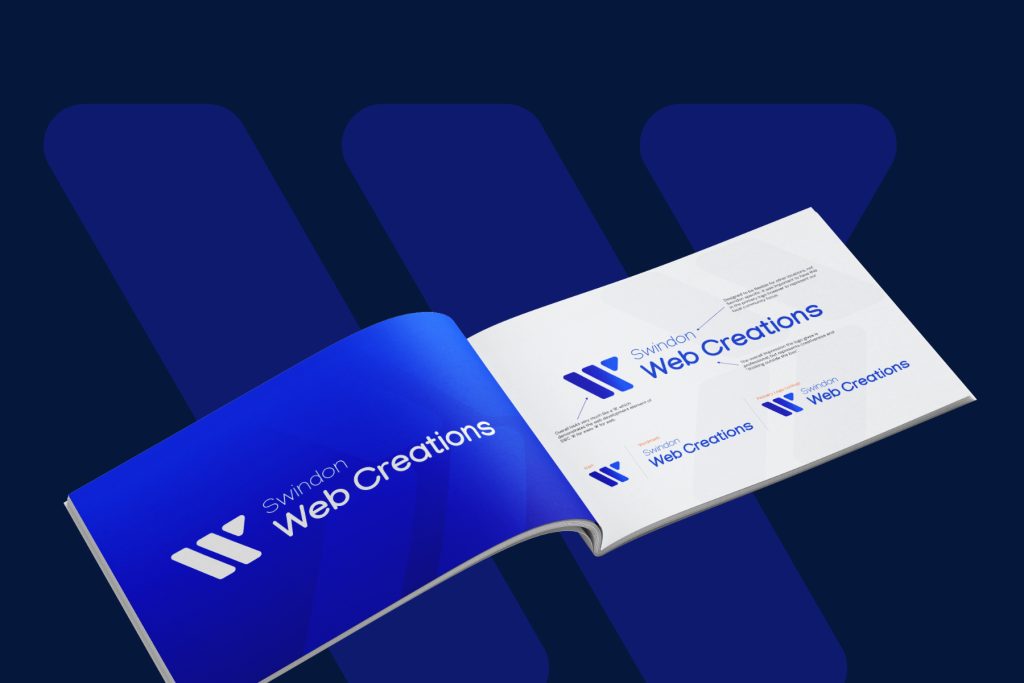
Ready to launch your first business website? A website is essential for any entrepreneur, start-up or new business that wants to establish a presence online or take orders through an ecommerce website.
Whilst many platforms make it possible to launch a business website quickly, ‘DIY’ websites are often a costly mistake. Without proper planning, research and professional guidance, you may find your site’s functionality and performance limited.
In this article, we’ll run through our top considerations when building your first business website, including:
- Professional branding
- Domain purchasing & management
- Hosting package selection
- Choosing the right CMS
- Website design
- Writing effective content
- Implementing SEO strategies
- Website security
- Website tracking
Professional Branding
Before you embark on a first website launch, branding should be considered. Developing a strong and consistent brand early in the process ensures consistency across your website, social media, marketing materials, and other channels, building trust and recognition.
A strong brand is much more than just a logo; it provides you with essential assets that will contribute to a consistent visual identity. These assets include a memorable brand name, cohesive colour schemes and clear brand guidelines.

Domain Purchasing & Management
A domain name is essential for launching a new business website, serving as an address that your website can be found at. Since domain names are unique, it’s good practice to check availability before finalising your brand name.
It’s also important to note that a domain is an ongoing cost, typically billed annually, so be sure to understand the renewal terms and budget accordingly to maintain ownership.
Hosting Package Selection
Hosting is essential for any website – without it, your website cannot be displayed online. However, with many hosting packages available, it can be overwhelming for business owners to understand which option is right for them.
Whilst many cheaper packages exist, this is typically ‘shared hosting’, meaning your website is hosted on a server with many other websites, resulting in reduced performance and lower security. Therefore, dedicated hosting is always the recommended option for a business website.
Choosing the Right CMS
Choosing the right platform for your new business website is critical as it plays a large role in the design possibilities, performance, maintainability and long term website scalability.
Some of the most widely used Content Management Systems (CMS) that are suitable for business websites include:
- WordPress
- Wix
- Joomla
- Drupal
Whilst the rise of accessible CMS options has made creating a business website more accessible, basic CMS packages are often restrictive. This may lead to potentially costly migrations in the future as your business scales and requires more features.
Website Design
Web design is a fundamental part of launching a first business website. When designing the website, the following should be considered:
- Target audience – What types of people will be using the website?
- User experience – Does the website provide a relevant experience to users?
- Website goals – Does your website have a clear goal or objective?
- Branding and colours – Does the website reflect your overall brand?
- Content – Does the content accurately describe what your company offers and encourage user action?
- Search Engine Optimisation (SEO) – Is your website optimised to rank in search engines for your selected keywords?
- Responsiveness – Does your website perform well on all screen sizes?
- Imagery – Is your imagery high quality and representative of your brand?
Whilst themes and templates have made website design for beginners more accessible, achieving truly creative web design that uniquely reflects your brand can be challenging without professional help. As a result, many templated sites fail to stand out from the crowd.

Writing Effective Content
Website content is an important but often overlooked part of the digital strategy when building a business website.
Professionally written content is more likely to rank better in search engines because it is informed by keyword research that identifies search volumes before writing.
Furthermore, content written professionally is also less prone to errors, which creates a better overall impression of your brand.
Should you choose to write your own content, ensure that it aligns with your overall brand, is unique and free of any grammatical errors.
Implementing SEO Strategies
When launching a first business website on a brand new domain, your website will hold minimal authority within search engines, therefore, an SEO strategy is essential.
Fundamental SEO considerations for new websites include:
- Indexability – Can your site be found and crawled by search engines?
- Keyword research – Does your site use relevant keywords that have search volume?
- Content – Is your content written in a way that is understandable by search engines?
- Speed – Does your website load quickly? This is also a significant factor when it comes to user experience.
- Local SEO – Does your business have an optimised Google Business Profile set up?
- Link building – Does your website have relevant internal and external links?
For more guidance in optimising your business website, take a look at 5 free SEO tips you can do in 2024.
Website Security
Security is a fundamental consideration for small business websites. Failing to put measures in place to protect your website can result in downtime, data breaches and losing access to your website altogether. Common security issues with websites include:
- Not keeping plugins, extensions and third party modules updated.
- Overreliance on plugins and extensions to achieve additional functionality.
- Utilising shared hosting.
- Not using strong passwords and two factor authentication.
- Sharing login details with several external parties.
- Using an outdated version of PHP.
Additionally, business websites should have an SSL certificate installed to encrypt data sent to and from the website, particularly if the site handles payments. An SSL certificate can also provide performance benefits for SEO. It is also good practice to take regular backups, so the site can be recovered if something does go wrong.
Website Tracking
Launching a website without tracking in place means missing out on crucial data such as the number of visitors, the pages they view, and how they are interacting with the site.
This information is invaluable for guiding ongoing website development and ensuring it continues to align with user needs and your business goals.
Whilst website tracking tools such as Google Analytics and Matomo can be set up with minimal technical expertise, you may require a web developer to insert the tracking code into your website or configure more advanced tracking.

Ready to Launch Your First Business Website?
At Swindon Web Creations, we specialise in creating user-friendly business websites and have already helped many Swindon based businesses launch their first website successfully.
With a team of creative experts, we can guide you through every stage of the process, allowing you to focus on running your business.
In addition to professional branding and creative web design, we offer effective web development packages that are completely tailored to you; ensuring your website is optimised, user-friendly, and designed to grow with your business.



